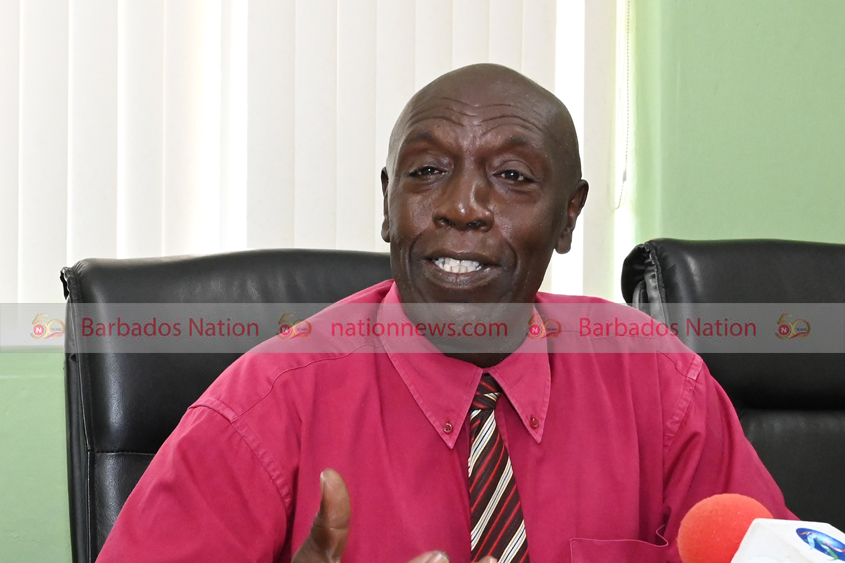

The Democratic Labour Party (DLP) is calling for an about-turn on the management of agriculture in Barbados.
Spokesperson on agriculture and the green economy Amoy Gilding Bourne said some of this administration’s policies on the sector were baffling and put the nation’s food security at risk, compounded by food and water shortages.
“The finger of blame points squarely at the present Government, whose six-year tenure has been marked by mismanagement and devastation of the vital agricultural sector. What we need is a bold blend of innovative solutions, decisive policy interventions, and sustainable practices to address the challenges confronting Barbados’ agriculture,” Gilding Bourne said in a statement to the media.
One of the keys to this was recognising the links between water, food, and energy and for Government to stop converting agricultural land to non-agricultural ventures and housing.
“It is both baffling and alarming to witness yet another 6.35 acres of agricultural land being directed towards housing, a decision that follows the infamous HOPE project fiasco. Recent revelations by the Auditor General about the botched construction and acquisition of 150 prefabricated steel-frame housing units from China put a spotlight on the administration’s costly oversights, with an additional $29 million in cost overruns,” she said.
The spokesperson added, while housing was important it should not trump agriculture and a small nation like Barbados had finite land resources for food.
“The Prime Minister’s ambition to construct 10 000 homes by 2025 is but a dream and appears irreconcilable with achieving food security.”
Gilding Bourne did not only criticise, she also offered some solutions, including ways to combat water scarcity.
“Heavy investments in rainwater harvesting and effective desalination plant management are indispensable. The hotel sector must step up in national water conservation efforts, adopting solutions like treated water, which are successful elsewhere.
Developing a network of freshwater catchment zones, drawing inspiration from COW Williams’ laudable work at Lears, could replenish aquifers and alleviate water scarcity,” Gilding Bourne suggested.
“Implementing a pumping station in Oistins could harness rainwater runoff before it reaches the sea, treating it for household and agricultural use to further address water issues.”
A national campaign to bolster local food production and consumption and the integration of agriculture into the primary school curriculum were other suggestions.
The DLP spokesperson said agriculture was being left behind in the face of other projects and queried whether the loan facility to provide water for farmers in St George and St Philip along the old railway line would be successful “This administration’s track record reveals a pattern of over-promising and under-delivering, particularly in sectors vital to national prosperity. As a result, the agricultural community remains understandably wary, viewing this new project as a potential mirage in a desert of failed initiatives. Without concrete action and evidence of genuine commitment, this project risks becoming just another chapter in the ongoing saga of governmental neglect and mismanagement.
Also coming in for criticism was the move to grow rice here in Barbados.
“Small farmers already grapple with water access issues. Prioritising the cultivation of sustainable crops like cassava, yams, sweet potatoes, and tomatoes makes more sense. By addressing factors behind declining crop production, we can strengthen these sectors. The increased acceptance of breadfruit is promising, urging us to plant more trees, focusing particularly on the more desirable yellow-meat varieties,” Gilding Bourne suggested.
(PR/SAT)





